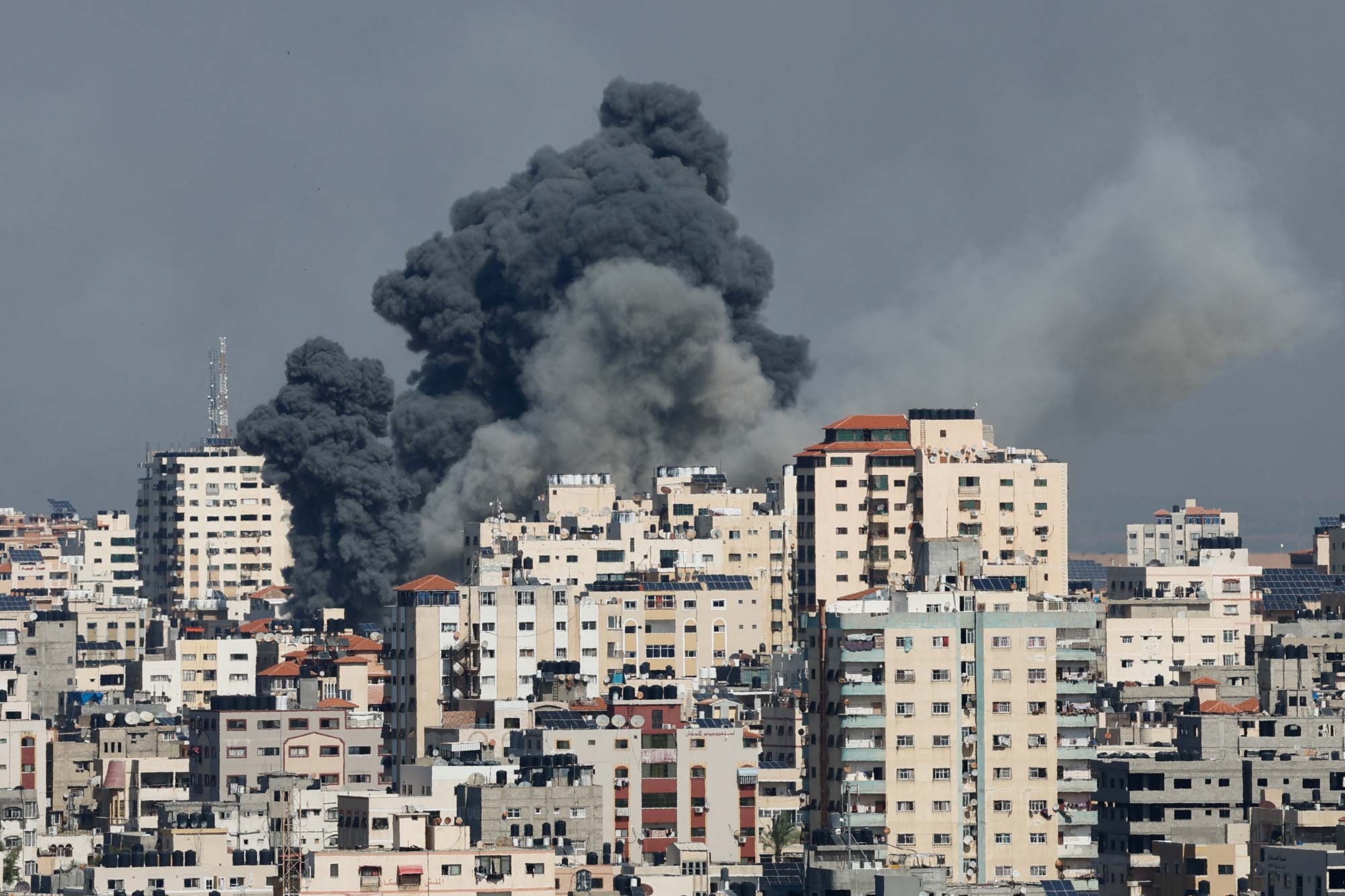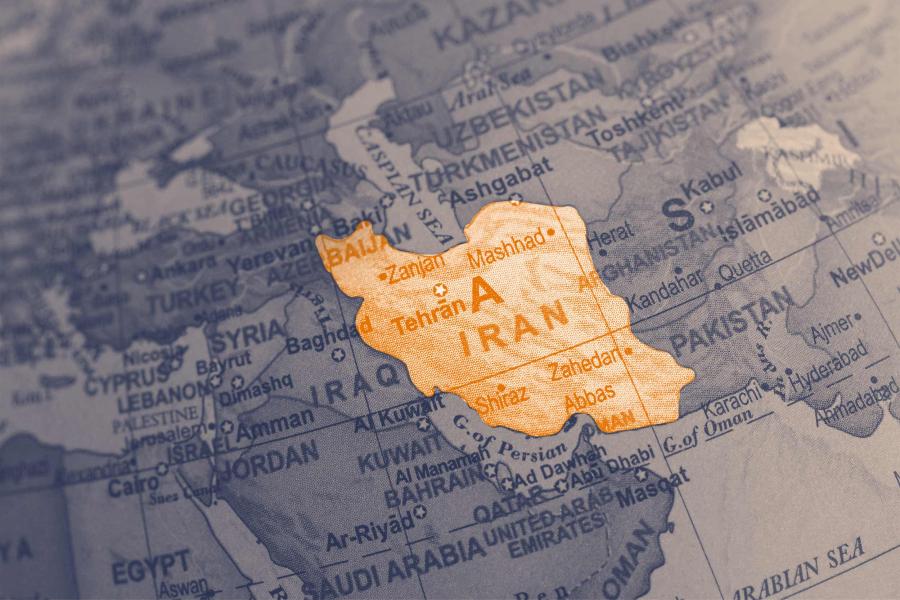Israel formally declared war on Hamas in Gaza on Sunday, one day after the militant group mounted a surprise assault on multiple Israeli cities bordering Gaza, raising questions about how international law applies to a fast-growing conflict with a complicated history.
Professor Paul B. Stephan, an international law scholar at the University of Virginia School of Law, is an expert on international business, international dispute resolution and comparative law. His most recent book, “The World Crisis and International Law: The Knowledge Economy and the Battle for the Future,” analyzes the history and predicts the downfall of the post-World War II international legal order and its institutions. Stephan is the John C. Jeffries Jr. Distinguished Professor of Law, the David H. Ibbeken Research Professor of Law, and a senior fellow at UVA’s Miller Center of Public Affairs.
He spoke about some of the legal concerns at stake in the new war.
Q. Can you explain how the international community recognizes territorial claims in the region?
A. Recognition of territorial claims is at the heart of the conflict. Israel’s claims are based on a series of instruments going back to the Balfour Declaration [the 1917 statement by Great Britain supporting a national home for Jewish people in Palestine], and there is no coherent position that all Israeli governments have agreed upon over the years. Hamas, the instigator of this attack, does not recognize Israel as a legitimate state. Most members of the international community regard the pre-1967 borders of Israel as the baseline, subject to negotiation, but countries vary in how much de facto annexation by Israel they are willing to tolerate (but not officially recognize) while waiting for a final settlement.
The Trump administration’s movement of the U.S. embassy to Jerusalem, a decision that the Biden administration has not repudiated and that Congress by and large seems to support, exposes some of these controversies. [Both Palestinians and Israelis claim the city as their capital and the city’s status is disputed under international law.]
Q. How do the laws of armed conflict apply to the violence we have seen so far?
A. The law of armed conflict – the law governing the conduct of armed conflict, as distinguished from the law about the legality of entering into an armed conflict – unquestionably applies to Palestine (and therefore the Hamas forces) and Israel. Because Palestine, but not Israel, is a party to the Statute of Rome, the International Criminal Court might have jurisdiction over at least some war crimes committed by Palestinians on Israeli territory and by Israelis on Palestinian territory. Targeting of civilians for purposes of hostage-taking and terror would qualify. Indifference to civilian casualties in the course of bombing and shelling also may qualify, although controversy would exist about the deliberate use of civilians as human shields.

Israel faces serious challenges under the law of armed conflict because of the difficulty of distinguishing legitimate military targets from civilian objects that may not be targeted. Gaza is densely urban and Hamas fighters generally do not identify themselves as such. In past conflicts in Gaza, U.N. rapporteurs have concluded that Israel has not taken sufficient care to avoid killing civilians or damage to civilian objects. [A ground] siege and embargo will be less violent, but cause significant civilian suffering.
Q. What levers and authority do other nations have to intervene?
A. The European Union provides a significant portion of the Palestinian budget, but as long as the conflict remains focused on Gaza, the question of how to wield the economic weapon will be fraught.
A Palestinian nationalist group, Fatah, governs the West Bank, although it appears that it lacks broad popular support and many there see Hamas as a less corrupt alternative. Cutting off aid only to Hamas will be challenging.
Given the existence of U.S. casualties and, it appears, hostages, the United States likely will provide some support for Israeli operations, including intelligence and perhaps deploying small numbers of special operations resources for purposes of hostage rescue. Iran will supply Hamas with all the support it can, while Saudi Arabia and the Gulf states will not.
At the end of the day, it is unlikely that any state actor will be able to take control of the situation, even if the fighting dies down out of exhaustion.
Media Contact
Article Information
June 30, 2025






